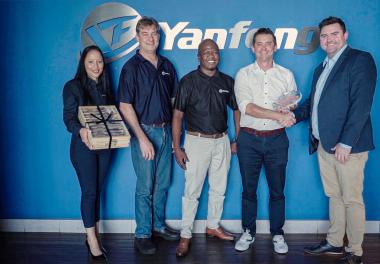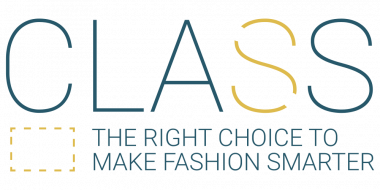52nd INNATEX highlights urgent need for sustainability in fashion
With the short slogan ‘NOW’ INNATEX, which takes place from 29 to 31 July 2023 at the Exhibition Centre in Hofheim-Wallau, enters the summer season. The 52nd International Trade Fair for Sustainable Fashion close to Frankfurt am Main is using the slogan to express the urgent need for a sustainable transformation in the fashion industry.
Lounge Area with new themes and collaboration partners
Alongside its well established and constructive partnerships with, for example, the Hessen Retail Federation and Mirjam Smend of Greenstyle Munich and Pureviu, the organisers MUVEO GmbH have entered into a new collaboration agreement with Fashion Changers. The two heads behind this Berlin-based initiative, Nina Lorenzen and Vreni Jäckle, will be holding and moderating two Lounge Talks on the Saturday. On the Sunday and Monday, the other partners will be contributing to the programme with additional experts.
“We are currently discussing several themes for the Lounge Talks, such as size inclusivity and branding strategies for fashion businesses in the digital age,” says Alexander Hitzel, Project Manager for INNATEX. “The new Community Lounge, which brings together the Talks, DESIGN DISCOVERIES and information stands with experts, first appeared in the winter. We still shan’t be putting together a non-stop programme, though, because as an ordering fair INNATEX continues to focus on concentrated working.”
Green Fashion is NOW: Creativity and mood of optimism in the industry
In the community, Hitzel says he perceives an attitude that is far from lethargic, due to the recent crisis-laden years. Among the 220+ exhibitors, several are expanding or even doubling their stand areas. Some labels are announcing entirely new lines as part of their market response. And even traditional textile producers are revealing fresher looks, getting into discussions with suppliers and testing new materials.
“We are excited about the summer fair, because we are already noting an extraordinary degree of creativity and dynamism – which is good!” comments Hitzel. “We need a sustainable counterweight to ultra-fast fashion more than ever.”
Newcomers and labels exhibiting for the first time still have until 1 June 2023 to apply to be DESIGN DISCOVERIES.
INNATEX – international trade fair for sustainable textiles





























